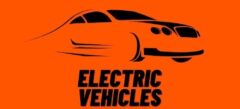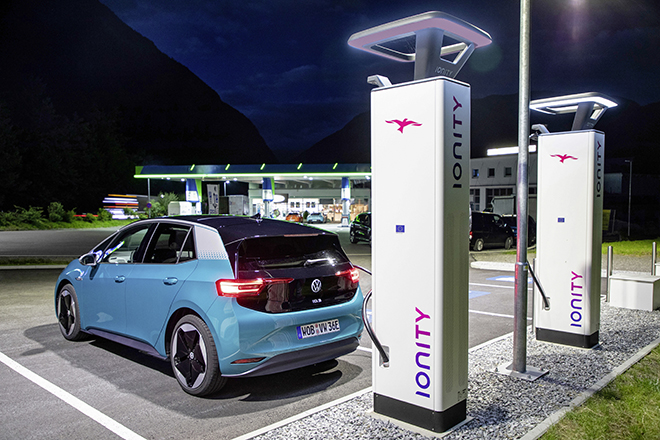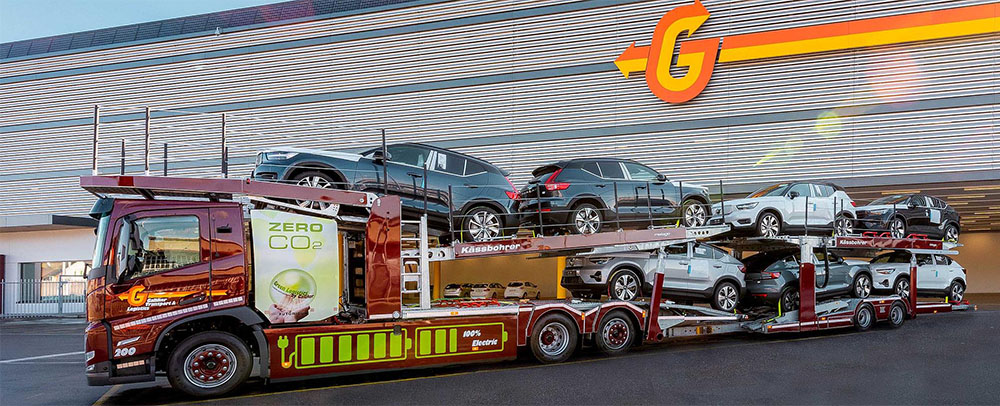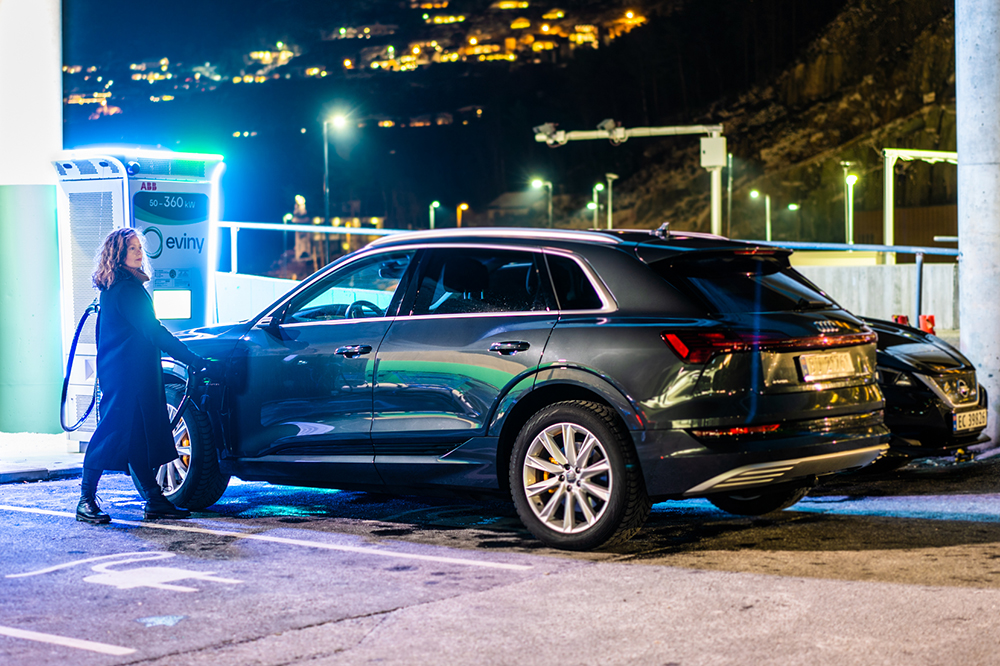[ad_1]
Former Volkswagen Group CEO Herbert Diess was a hero to pro-EV activists. He was less popular with certain factions within the company, including the powerful Works Council (to say nothing of the stock market), and in 2022, he was forced out, to be replaced by Oliver Blume. At the time, we wondered whether Diess’s departure would put the brakes on Volkswagen’s aggressive electrification strategy.
Alas, we’re now seeing evidence that this will indeed be the case. In a recent interview with the German magazine Auto Motor und Sport (via ntv), Blume said, “Our strategy is to keep combustion engines on the market for the time being because they are very popular in many regions of the world. At the same time, we are increasing interest in and sales of all-electric models.”
No one would dispute the fact that combustion engines are popular—but some would argue that that popularity is the cause of the existential crisis now facing the auto industry. As for climate change, Blume says it must be thought of in a holistic or big-picture fashion (“gesamtheitlich”). “Electric mobility is an important lane. At the same time, there are more than a billion existing vehicles worldwide. They will be on the road for decades to come.”
Comments like these are of course standard fare for auto industry CEOs, who like to reassure stockholders (and unions) that the transition to e-mobility will be slow and gradual. The part of Mr. Blume’s speech that environmentalists may find disturbing is his reiteration of the value of “e-fuels,” which are widely seen as another oil-industry greenwash.
Herr Blume has been a consistent supporter of synthetic fuels. He is correct that oil burners will remain on the roads for many years, and in the recent interview he said that “e-fuels are an effective, supplementary solution for this. Gasoline engines can be operated with [e-fuels] with almost no CO2 emissions. In this way, all vehicles can do their part to reduce CO2 regardless of the type of drive. Also, e-fuels as hydrogen derivatives can be mixed with fossil fuels, and every percent of the admixture is a contribution to climate protection.”
By all accounts, e-fuels are far less efficient than BEVs (or hydrogen, for that matter), and producing them is energy-intensive. According to the Potsdam Institute for Climate Impact Research (via Trending Topics), the efficiency of e-fuels is around 10 to 15 percent—compared to up to 80 percent for EVs—and producing e-fuels consumes about 5 times as much energy as using the electricity directly. As for “almost no CO2 emissions,” Tagesschau estimates (via Trending Topics) that a typical EV would emit 53 percent less CO2 than an ICE powered by synthetic fuels.
Blume’s predecessor Diess nixed e-fuels because of their poor efficiency. In November, despite lobbying by Blume and other auto industry heavyweights, the European Commission rejected a proposal to carve out an exception to the 2035 ICE sales ban that would allow sales of ICE vehicles running on e-fuels to continue.
Source: ntv
[ad_2]
Source link





